Resources
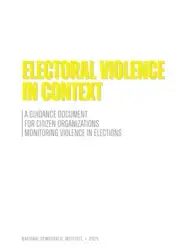
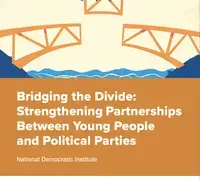
Bridging the Divide
Around the world, engagement between young people and political parties is increasingly low. While young people are interested in politics, they are less inclined to engage with or become members of formal political institutions. Bridging the divide between young people and political parties requires new strategies that recognize young people’s legitimate concerns about formal institutions and the different ways in which young people want to organize politically.
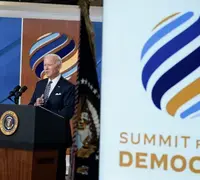
Three essential initiatives to defend democracy against corruption
By Kristen Sample Director, Democratic Governance, National Democratic Institute (NDI)
The expression “all politics is local,” meaning that a politician’s success hinges on his or her ability to understand and influence the issues of constituents, held true for generations. In today’s world, however, the increasingly globalized nature of corruption subverts local democratic politics and processes.

Ukraine shows when democracies unite, it’s a game-changer
By Birgitta Ohlsson, Director Political Parties, National Democratic Institute (NDI)
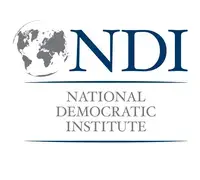
Serbia April 2022 Elections Assessment
The National Assembly of Serbia has 250 members elected for a four-year term. Members are elected in a single district for the whole country on closed party lists. Seats are divided proportionally according to the widely used D’hondt method. Serbia has a multi-party system that produces coalition governments.
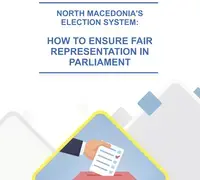
NORTH MACEDONIA'S ELECTION SYSTEM: HOW TO ENSURE FAIR REPRESENTATION IN PARLIAMENT
This research is part of NDI’s Enhancing Electoral Integrity Program which helps strengthen the capacities of civil society and political parties to promote electoral integrity through monitoring, advocacy and reform. In North Macedonia, we aim to bolster the fairness of election processes through stakeholder deliberation.
